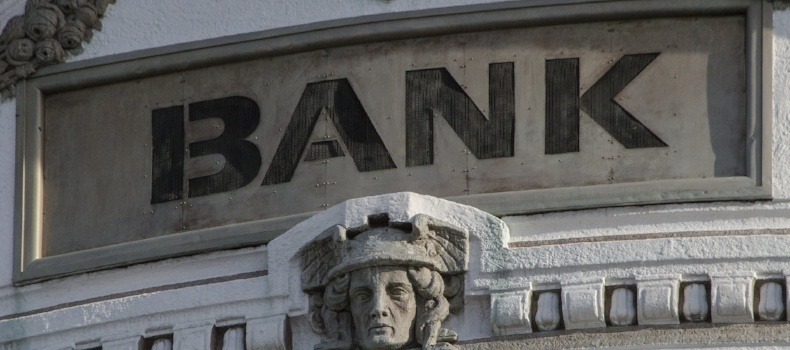
Why are bank statements becoming increasingly requested documents for completing loan applications? With the uncertainty in the current financial environment, the importance of bank statements is on the rise, especially in the commercial space.
Lenders may want to see bank statements because transaction summaries give a fuller picture of financial profiles and because bank statements can verify what people say in loan applications.
A lender can identify general conduct through spending habits, debt obligations, bills and regular income.
What information does a bank statement contain?
Usually issued monthly, a bank statement summarises your financial position at the end of a set period. The format of a bank statement contains two main parts – the account summary and transactional detail. The transaction detail part shows everything in chronological order, with a recorded date, amount and name of payee/payer.
With a bank statement, a lender can:
- Confirm your identity – verify your name and address.
- Confirm your income by checking it against what you’ve put in your application.
- Confirm payments or withdrawals from the account for a particular period.
- Confirm if you’re repaying loans and check for dishonours, service charges or NSF (not sufficient funds).
- Confirm where your money goes and check your general spending conduct.
The importance of bank statements is increasing because, as you can see by the list above, they reveal a great deal of information, and can help lenders determine whether loan applications should be approved or not.
Lenders can see at a glance whether you’re good at saving or whether you’re constantly overdrawn. If they feel you can’t comfortably meet your loan repayments then your loan application is unlikely to be approved.
Things to consider
If you’re getting a loan from the bank whom you already have an account with, they will generally already look at your bank statements as part of their loan application process. However, if you’re going to a different lender, you might want to check your statement three to six months prior to the application to establish good conduct.
It will be in your best interest to prune any discretionary expenditure (e.g. online gambling accounts, frequent expenses on restaurants).
An added advantage of checking your bank statements regularly and pruning them for loan applications is that it will also lead to better financial management in the long run.